Humility as tool of Stewardship
Humility is a word used often in ethical leadership discussions. In the Christian context we recognize we do not own any resources. Genesis teaches us that we are all human beings created in the image of God, and God created the heavens and the earth and all within it. And God put us here to be stewards of all He created. God entrust everything to us, and we use all God’s resources for service to God and the greater good of all in Christ.
Humility requires us to put God and others first, not ourselves. We are all human beings created in the image of God. Now our utter importance and love of God does not give us credence to exert our self-importance to the detriment of God’s creation or each other.
When we consciously commit our lives to Christ in humble stewardship, we give praise and honor to God and to each other. Stewardship is living with humility; for the word humility means “down to earth” or “of the earth”.
Stewardship and Humility are indeed interconnected.
A few examples of this connection:
Service Oriented. Putting others first, serving others rather than you being served, omitting personal gain.
Knowing Who We Are Before God. Accepting the expectations of caring for God’s Creation.
Managing Resources. Whether they are financial, human or material, we use our gifts, talents, knowledge wisely for long-term benefit.
Caring For Others. Stewardship is relational, nurturing the talent, opportunities for growth and supporting those entrusted to our care.
Accountability. Good stewards are responsible for their decisions and actions in management of God’s resources entrusted to us.
In closing we have a call to action, as we understand the relationship between Stewardship and Humility. May God bless us in our commitment and relationship to God and each other.
Forgiveness
(I use “he” here to represent abusers, just as we use He or Father to represent God/Lord).
This is meant to be an understanding of stewardship and it is. How can you be a “cheerful giver” with a hardened heart? What would have happened if Peter didn't forgive himself for denying Jesus 3 times, or felt himself unworthy because Jesus asked Peter 3 times if he loved him and to feed His sheep/lambs?
So you see, forgiving others and ourselves for being duped by others frees up our hearts for loving kindness, the basis for all things Christlike.
Don't get me wrong, forgiveness is not magic. It doesn't come in an instant, but neither did the abuse or wrong you suffered. You've heard songs of passing on God's love, but never songs about passing on abuse or wrong. To pass on wrong can never be right. In a society where it takes time to build up trust, it also takes time to build up forgiveness. I ask you to unburden your hearts and start to forgive the he that hurt you and yourself so your loving heart returns and you can become the “cheerful giver” that stewardship implies.
Gail Nicewander
for the Stewardship Team
